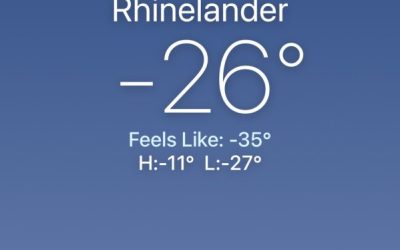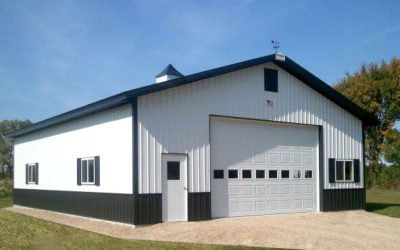At RVI, we believe strongly in the value of education. That’s why we’re pleased to present a series of blogs that go deeper into our course, “The Insulation Solutions,” originally presented for the Headwaters Builders Association (HBA).
Today’s topic lays the groundwork for the series, as we answer the simple question: “What is insulation?”
Importance of Insulation for a House
Insulation slows heat transmission through a building’s floor, walls, and ceiling or roof. This is significant because heat transmission is the average home’s leading cause of winter heat loss.
Most single-family homes lose 2-3 times as much energy through heat transmission, compared to air leakage. But with proper insulation, this energy loss can be minimized.
Thermal Functions and Benefits of Insulation
A home’s insulation performs the following thermal functions:
- Conserves energy by slowing heat transmission
- Enhances comfort by reducing temperature variations within the conditioned space.
- Reduces the size of heating and cooling equipment needed by a building in direct proportion to the R-value.
- Eliminates winter season condensation by preventing low interior surface temperatures.
Proper home insulation also offers these additional benefits:
- Adds structural strength.
- Reduces noise and vibration.
- Impedes air leakage and water vapor transmission.
- Improves the building’s fire resistance.
“Hidden” Home Values of Great Insulation
Car manufacturers boast about miles per gallon, but do you ever hear about a house listing boasting about household operating costs? They should!
Savvy homebuyers and builders look for the number of “miles” you get out of your energy output. In other words, a home’s efficiency is its ROI.
Here are a few ways that great insulation will save on household expenses:
- No mold: Reduce the occurrence of health issues because mold can’t grow without moisture.
- Great air: Controlling the airflow in a house has health and safety benefits. Plus, when you can reduce the outdoors’ influence on your indoor climate, you enjoy more comfortable temperature and humidity levels.
- Energy savings: One of the best ways that great insulation pays for itself is through energy efficiency, which keeps heat/cooling costs at a minimum.
Benefits of a Closed System
Every building is its own system. Insulation is a key factor in that system, playing a key role in the system’s efficiency and creating a “thermal envelope.” The system impacts how comfortable (or not comfortable) the building is for its occupants.
Insulation allows you to make the inside environment whatever you want it to be, while keeping out the outdoor environment. This has immense value for the people living in the home as well as the future resale value of the house.
Your Rhinelander Building Science Experts
If you’re a builder or a family looking to build a new house, now is the time to reach out to RVI for your insulation needs. Getting our planners and experts involved from the first steps ensures that we can include the most and very best elements to add money-saving and energy-use-reduction to your new house!
Contact the building science experts at RVI today.
At RVI, we believe strongly in the value of education. That’s why we’re pleased to present a series of blogs that go deeper into our course, “The Insulation Solutions,” originally presented for the Headwaters Builders Association (HBA).
Today’s topic lays the groundwork for the series, as we answer the simple question: “What is insulation?”



